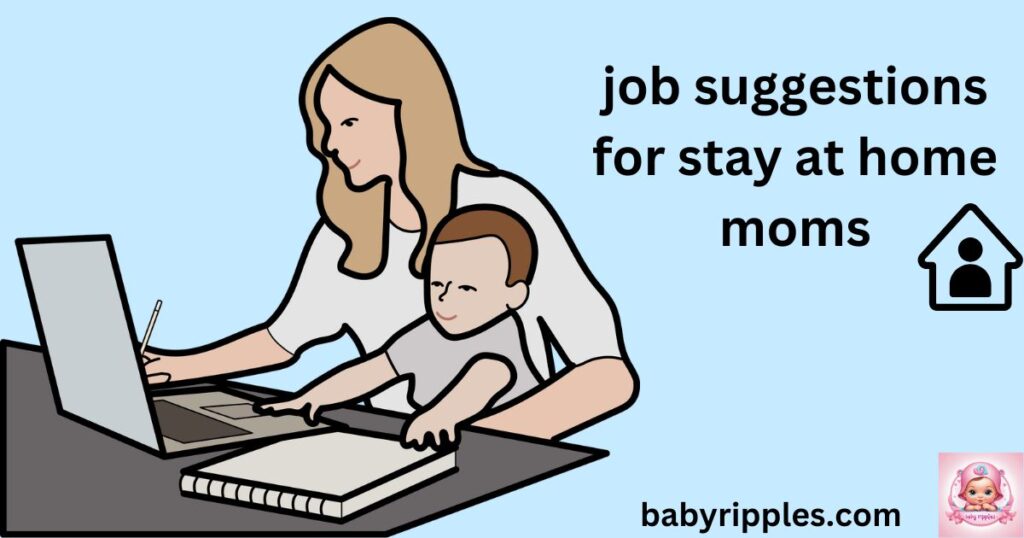Parenting can be challenging, especially when you’re trying to understand how to deal with a teenager that doesn’t care. Teens frequently exhibit signs of disengagement, rebellion, or indifference throughout this stage of life. But you can get back in touch with your teen and establish a solid, trustworthy relationship if you have the patience, understanding, and appropriate techniques.
This guide offers helpful, detailed guidance to help you get through these challenging times and strengthen your bond with your teen.
You may want to read: Benefits of AI Education Materials for Students
- 1. Understand the Root of Their Behavior
- 2. Build Trust Through Communication
- 3. Create a Positive Environment at Home
- 4. Involve Them in Decision-Making
- 5. Set Realistic Expectations
- 6. Address Problematic Behavior with Empathy
- 7. Encourage Healthy Habits
- 8. Seek Professional Help If Needed
- Alternative Products and Tools to Support Your Journey
- Final Thought
- FAQs about how to deal with a teenager that doesn't care
1. Understand the Root of Their Behavior
The first step in learning how to deal with a teenager that doesn’t care is understanding what’s causing their behavior. Teens may act disinterested or rebellious for several reasons:
- They’re seeking independence.
- They feel misunderstood.
- They’re struggling with stress, anxiety, or depression.
- Peer pressure may be influencing their actions.
Tips for Understanding:
- Listen without judgment: Create a safe space where they feel comfortable sharing.
- Ask open-ended questions: This encourages more meaningful dialogue.
- Observe changes in behavior: Look for signs of stress or unhappiness.
2. Build Trust Through Communication

Building trust with your teenager is crucial when dealing with apathy. If they feel like they can trust you, they’re more likely to open up.
Steps to Build Trust:
- Be honest and transparent: Share your experiences when you were their age.
- Respect their privacy: Avoid snooping, as it can damage trust.
- Use active listening: Show them you genuinely care about their thoughts.
By fostering open communication, you’ll also develop a deeper connection, which is essential in parenting a rebellious teen.
3. Create a Positive Environment at Home
A supportive home environment can make a big difference. Teens are more likely to engage when they feel valued and understood.
How to Create a Positive Space:
- Acknowledge their efforts: Celebrate small wins to boost their confidence.
- Set clear boundaries: Rules help establish a sense of security.
- Encourage family activities: Bond through shared experiences like game nights or cooking.
4. Involve Them in Decision-Making

Teens often feel more motivated when they have a say in decisions that affect them. Whether it’s choosing their extracurricular activities or setting curfews, involving them shows respect for their autonomy.
Actionable Tips:
- Ask for their input: “What do you think we should do about…?”
- Compromise where possible: Find solutions that work for both of you.
- Provide options: Let them feel like they’re in control.
This approach can significantly help in how to connect with a disengaged teenager.
5. Set Realistic Expectations
Unrealistic expectations can make teens feel overwhelmed, leading them to shut down. Instead, set achievable goals that match their abilities and interests.
Key Steps:
- Discuss goals together: Understand their aspirations.
- Break goals into smaller steps: Make big tasks manageable.
- Celebrate progress: Recognize their achievements, no matter how small.
6. Address Problematic Behavior with Empathy

If your teen’s behavior is causing issues, tackle it with empathy instead of punishment. Harsh discipline can often backfire and push them further away.
How to Manage Teen Behavior:
- Stay calm: Avoid yelling or reacting emotionally.
- Use natural consequences: Let them learn from their mistakes.
- Offer guidance, not control: Help them understand the impact of their actions.
Following these teen behavior management tips can transform how you address challenges.
7. Encourage Healthy Habits
Sometimes, indifference stems from poor physical or mental health. Encouraging healthy habits can improve their overall well-being and motivation.
Suggestions for Healthy Living:
- Promote regular exercise: Activities like sports or yoga can boost mood.
- Ensure proper nutrition: A balanced diet supports brain health.
- Limit screen time: Encourage hobbies that don’t involve electronics.
8. Seek Professional Help If Needed

If your efforts don’t seem to work, consider seeking guidance from a counselor or therapist. Professionals can help uncover deeper issues and provide tailored solutions.
Alternative Products and Tools to Support Your Journey
Sometimes, having the right tools can make a difference. Look into parenting books, online courses, or family counseling services to gain new insights. When you invest in these resources, you’re equipping yourself to better handle the challenges of parenting a rebellious teen.
Final Thought
Managing a disengaged teen calls for tolerance, comprehension, and flexibility. You may build a closer bond with your teen by emphasizing empathy, communication, and trust. Keep in mind that every action you take to help and mentor them in how to deal with a teenager that doesn’t care will positively impact both your connection and their development. Continue to learn and remain dedicated to their welfare.
FAQs about how to deal with a teenager that doesn’t care
1. How do I rebuild trust with my teenager?
Focus on open communication, respect their boundaries, and always follow through on promises.
2. What are the signs of a disengaged teenager?
They may avoid conversations, show little interest in activities, or seem emotionally distant.
3. How can I connect with my rebellious teen?
Spend quality time together, listen actively, and show empathy towards their feelings.
4. What are effective behavior management tips for teens?
Use natural consequences, set clear boundaries, and stay calm during conflicts.
5. When should I seek professional help?
If your teen’s behavior worsens or you notice signs of depression or anxiety, consult a therapist.





